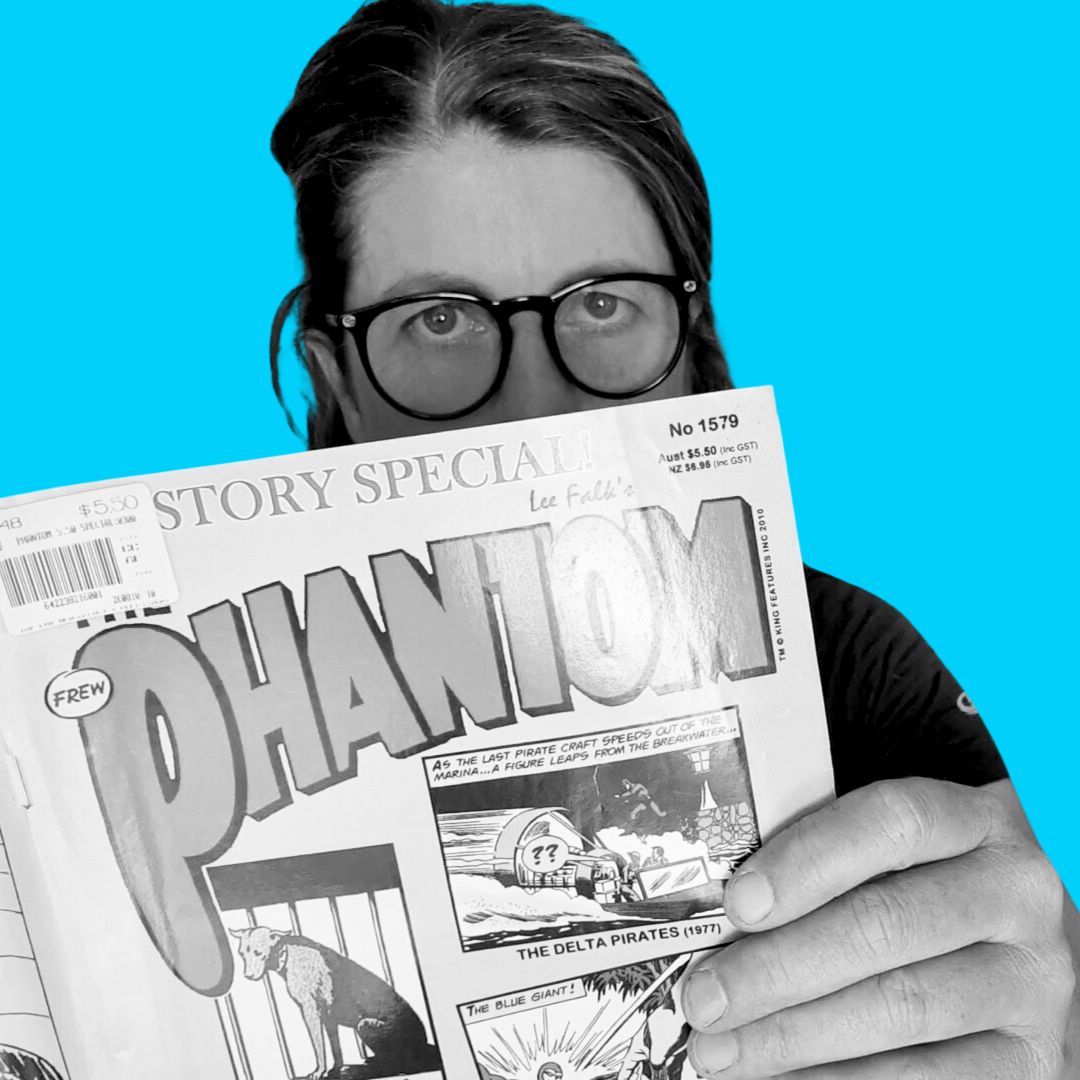In the interest of authenticity, I have to ‘fess up.
This week has challenged me, and I refuse to pretend I’ve navigated every moment with a perky smile and cheery optimism.
As I type this, the muscles across my chest remain tight. I’m stopping every few minutes to stretch and loosen their restriction.
The pain of loss is still there.
You’ll recall that last November, after years of trying, I managed to write the first complete draft of Dare To Be Your Boldest. I participated in NaNoWriMo, using it as an accountability buddy to get the draft done.
I started the month with a rough sketch of the chapters and a target of 50,000 words. Then, each day, I let the story take me where it wanted to go. My mind connected dots that I’d long forgotten.
I then shelved the project for six months, to get some distance on the manuscript and look at it with fresh eyes. I knew the second draft would require major rework, and that would demand that I willingly delete paragraphs and possibly chapters that I had grown to love.
This week, the time had arrived to breathe life into the project again.
I clicked the “Book” folder on my computer, ready to do a rough read and get back into the story.
The pit of my stomach hit the floor.
I stared at an empty folder.
I clicked on the search bar and typed “Dare Chapter”.
No results found.
I hunted in the recycle bin.
The online backup.
The backup of the online backup.
I tried every possible search permeation I could imagine.
Nada. Nothing.
The files were gone from my archives, along with hundreds of others.
Pick an emotion, any emotion.
They all flooded into my mind at once: panic, shock, grief, and disbelief.
I clicked my computer mouse a hundred times, like Dorothy clicking her heels, hoping it would return me to Kansas and the files would magically appear.
Stephen King deliberately destroyed the drafts of his books.
Gregory David Roberts wrote Shantaram from scratch twice, with each draft destroyed by a prison guard.
Their stories bubbled into my consciousness as the reality of the loss sunk in.
Hope is the emotion of last resort.
The human mind clings to hope to survive when nothing else is left. Facing loss, my mind chose to serve stories of hope and destiny from it’s memory banks.
For that, I am grateful.
I could have criticised myself, cursing the lack of a hard copy.
I could have yelled at the air, blaming others.
I could have cried and cried and slumped into a dark hole.
I could have interpreted the loss as a sign that my dream would never be.
I could have told myself that it wasn’t important and pretended the pain didn’t exist.
But I didn’t.
I reflexively chose hope, which opened the pathway to acceptance.
I learned a lot when writing that first draft and have applied those lessons in countless situations since. It served its purpose with honour and now it was time for us to part ways.
Self-trust carries with it a calm courage.
Every human mind has an abundance of creativity and motivation when working on something that is soul-deep important. Mine is no different. I trust that I will find the answers, and do the learning required to succeed.
Safe in that knowledge, I can relax and feel okay about experiencing the waves of emotion as they move through. My life won’t fall apart because I feel sad, nor will I linger there any longer than necessary. I touch those feelings and observe them, but they’re not the end of the journey for me.
Who knows, perhaps the loss is part of some greater plan. It leads me back to the heart of the book, its reasons for being, its premise, structure, and storyline. I now have the opportunity to revisit all of it with greater wisdom, insight, and experience—steps I would be unlikely to take with the same vigour should the first draft still be.
Faith and fate are a potent combination. Now, let’s find out what really resides within me.



